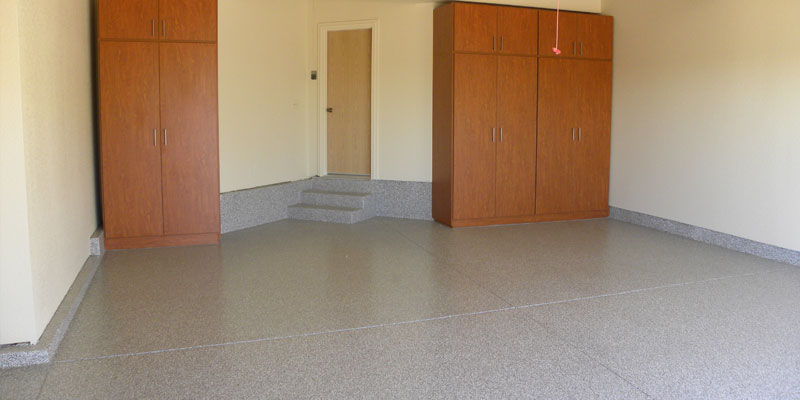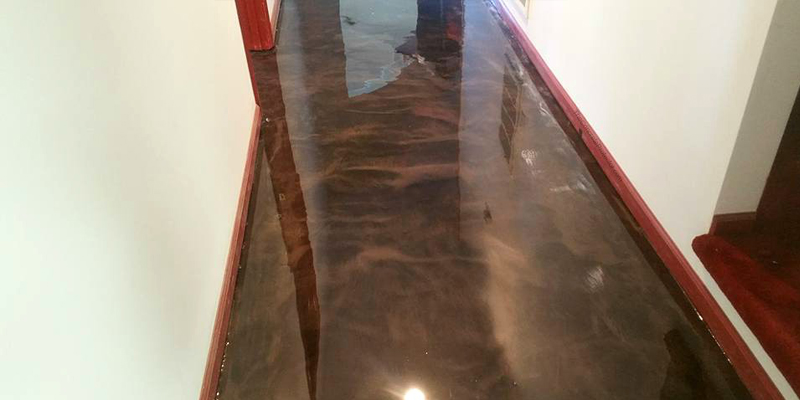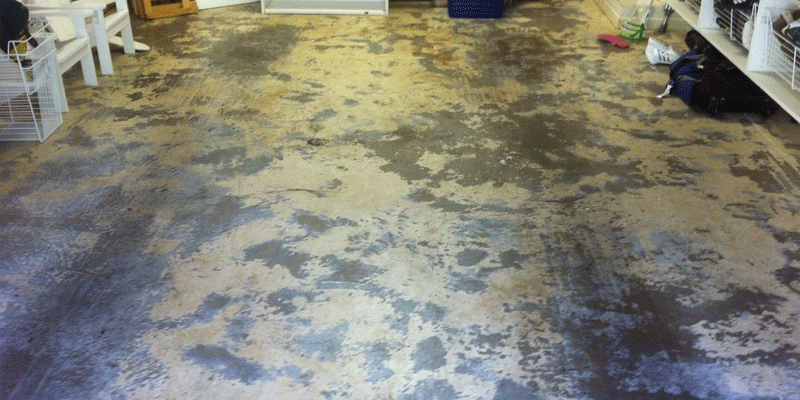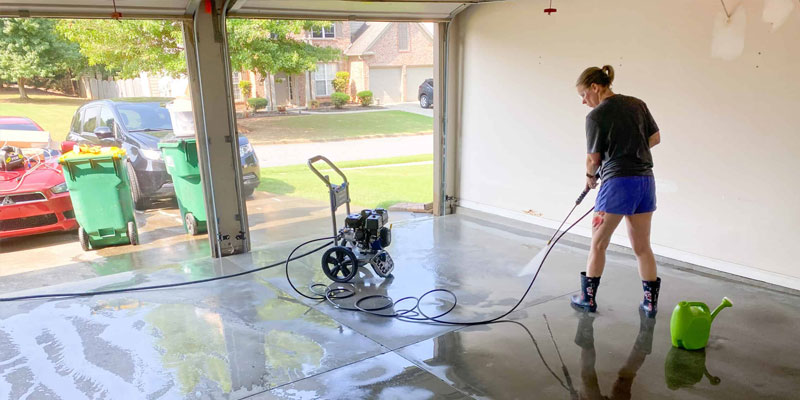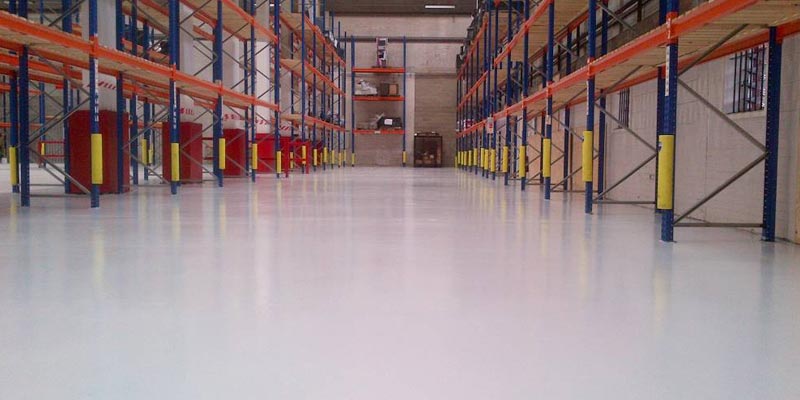Epoxy 101: Learn the Types of Epoxy Coatings
Whether you are looking for a new flooring material for your home or business space, it can be difficult to choose a final product with all the different options on the market. Epoxy is a popular choice for many applications due to its durability, versatility, and affordability. To understand the different types of epoxy coatings available, it’s important first to understand what epoxy is and the specifications of the material.
What is an Epoxy Coating?
Epoxy is a product that can be used in various materials, but it contains two primary components: resin and hardener. These are combined to form the epoxy coating. Resin provides the actual protective element of the material, while hardener affects how well the product sets and performs over time. With so many different types of resins available on the market, it’s important to be aware of the epoxy coating you are using on your project.
Epoxy is available in many different formulations, depending on the application and desired result. However, there are three types of resins that are most common: Styrene-Free Epoxy, Aromatic Resin Epoxy, and Vinyl Ester Resin Epoxy.
Styrene-Free Resin: This is used in the manufacturing of polyester resins. Its low cost makes it a favorite choice for many applications, yet it also has its shortcomings. This is because it emits hydrogen sulfide gas during curing and requires an acid-curing hardener, which can emit harmful fumes.
Aromatic Resin Epoxy: This type of resin has been used in epoxy formulations for decades. It provides a high-end final product with the ability to withstand constant stress and high temperatures. It is frequently used as a coating on industrial floors because of its hardiness, but it comes at a cost. This type of resin emits harmful fumes during curing that can be harmful to those working with the material.
Vinyl Ester Resin Epoxy: This is the newest formulation on the market for epoxy coatings. While it’s not used in all applications, it does provide a high-end finish with optimal strength and durability. It emits no hydrogen sulfide gas during curing and requires little to no ventilation when working with it. It also has a lower overall cost than other resins.
The Different Types of Epoxy Coatings
For the average homeowner, there isn’t much need to understand what each type of epoxy coating is and how it performs. However, if you’re looking for a new flooring material for your business space or doing some renovations on your home, it’s important to understand the vocabulary and be aware of what you’re purchasing.
Self-Leveling Epoxy: This type of epoxy comes in a single-component system and requires minimal mixing. The liquid formulation will run to the lowest point and self-level, so it’s important to consider placing this epoxy type in areas where water can drain quickly.
Epoxy Flake Coatings: This is an excellent option for those looking for a highly durable layer on top of another flooring material. It’s applied as a powder and will self-level to create a consistent, smooth finish. However, it can also be costly and labor-intensive if not purchased in a pre-blended system.
Metallic Epoxy: This type of epoxy coating can be used for various applications, including commercial and industrial. It combines the element of metallic flakes into the epoxy resin to create a design-forward color you won’t find in most other types of flooring options.
Fluorescent Epoxy: This is another popular choice among those looking for something with a bit more flare. It contains a high concentration of fluorescent powder and will glow under black light, which is popular for use at bars and nightclubs.
Anti-static Epoxy: While not as flashy as fluorescent epoxy, this type is extremely popular among those working with sensitive electronic equipment. This epoxy coating will reduce static charge and prevent charged particles from entering the flooring, which can damage electronics.
Quartz-filled Epoxy: This is another highly durable type of epoxy coating that combines quartz particles with the resin to create a low-maintenance, slip-resistant surface for flooring. It’s extremely popular in applications with foot traffic and high levels of wear on the flooring, including warehouses and garages.
Epoxy Mortar Coatings: This is another epoxy coating that serves as a powder. However, it’s designed to be used with other materials like glass fiber mesh and stone-based products. The epoxy mortar creates additional strength to other materials while also providing an aesthetically pleasing design on the surface.
When it comes to epoxy coatings, there are a lot of products on the market with varying levels of quality. It’s important to do your research before you choose which type is right for your application. If you’re looking for an industrial-grade coating that will withstand the heat in your commercial space or be extremely durable in a high-traffic area, you’ll want to look for something with a high-density formula. On the other hand, if you’re looking for an epoxy coating that will provide design elements for your flooring option, be sure to choose one that’s infused with metallic or fluorescent pigment.
While there are many different types of epoxy coatings on the market, none of them are inherently good or bad. The most important thing is to choose the type that’s right for your application and will keep up as it performs over time.

